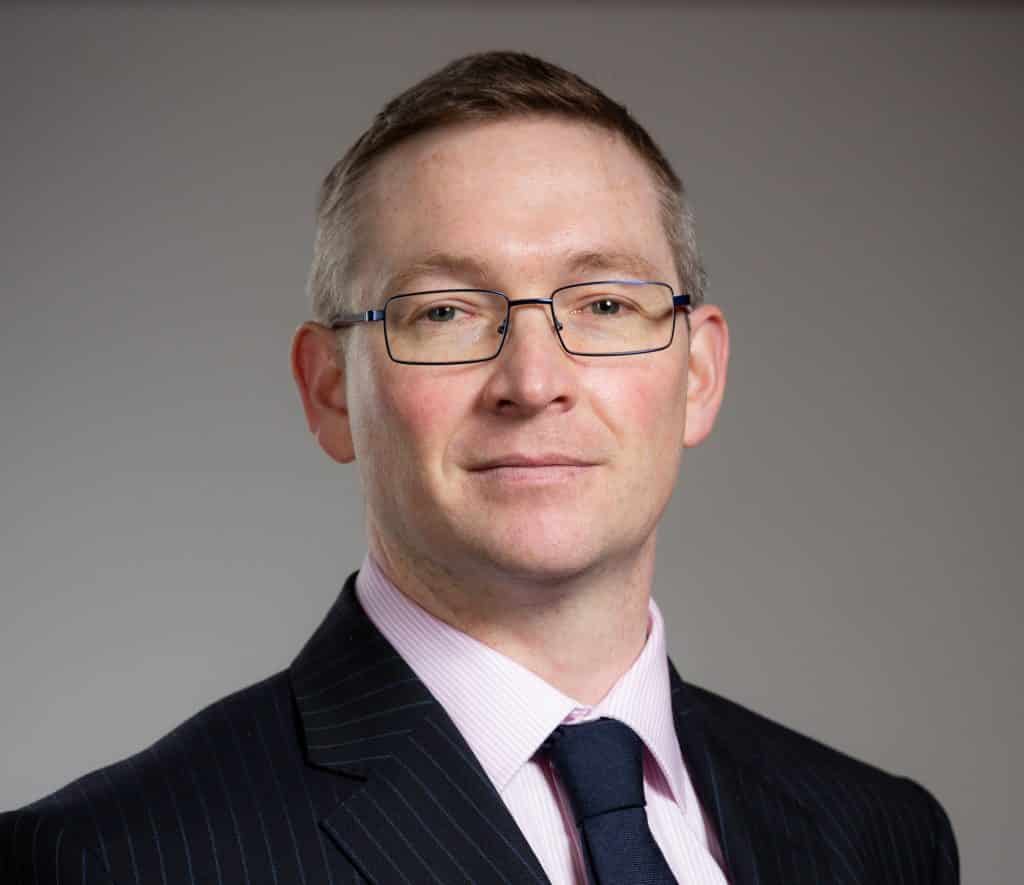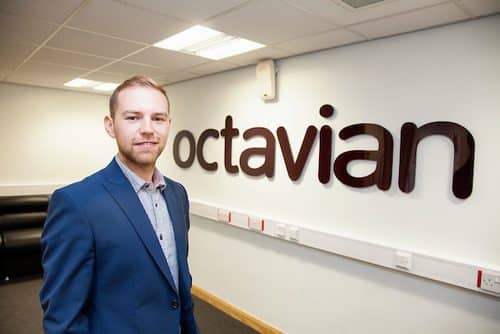The Amos Rex Art Museum in Helsinki has won the prestigious LCD (Leading Culture Destination) Award for New Cultural Destination of the Year – Europe. The awards, coined “the Oscars for Museums” by the international press, were presented at the annual LCD awards ceremony in Berlin on 4 March 2020.

Since opening in August 2018, the Amos Rex Art Museum has made a big impact on the cultural scene in Helsinki, attracting over half a million visitors during its first year. Amos Rex is an art museum where the past, present and future meet. The iconic functionalist Lasipalatsi building (i.e. Glass Palace) and the new gallery spaces under its undulating square, provide 10 000 m2 for unique experiences both below and above ground, as well as on the silver screen of Bio Rex. Amos Rex’s exhibition programme extends from the newest, often experimental, contemporary art to 20th-century modernism and ancient cultures. The new museum space was designed by Finnish architecture office JKMM.
“We are extremely honoured at Amos Rex to receive the LCD Award for New Cultural Destination of the Year in Europe. It is a significant award for us, as we aim to serve the international public as an art museum, architectural attraction and urban meeting place. We are delighted to see how Amos Rex is contributing to Helsinki’s appeal as a cultural city in Europe”, says Kai Kartio, Museum Director of Amos Rex.
Helsinki – a thriving city of arts and culture
Feeding its lively cultural scene, Helsinki continues to position the culture amongst its core values, building on its reputation as an art, design and architecture capital. With residents visiting cultural institutions more than ever before, ambitious initiatives such as the 2018 Amos Rex Art Museum and Oodi Central Library openings demonstrate the city’s forward-looking commitment to creativity.
Championing local contemporary art and its relationship with the global community, the eagerly anticipated Helsinki Biennial 2020 draws on Helsinki’s distinct characteristics and the surrounding archipelago, offering a unique contribution to the international art scene.
“Helsinki believes in culture. The city is a diversified and internationally attractive city of arts and culture, with Amos Rex as one of the leading attractions. Working together with cultural institutions such as Amos Rex, the new central library Oodi and the upcoming international art event Helsinki Biennial, we are further strengthening Helsinki’s position as a must-visit city of culture”, continues Laura Aalto, CEO of Helsinki Marketing.
For
more information, please contact:
Amos
Rex
Iia Palovaara, Communications
Officer
+358 50 544 3331
[email protected]
Helsinki
Marketing
Laura Aalto, CEO
+358 40 507 9660
[email protected]
Helsinki Marketing is a company owned by the City of Helsinki. It is responsible for operative city marketing and business partnerships for Helsinki. Helsinki Marketing interacts with local residents, visitors, decision-makers and experts.





